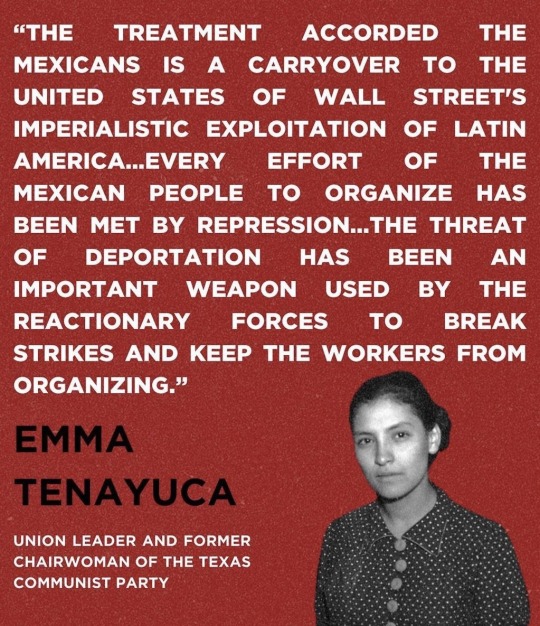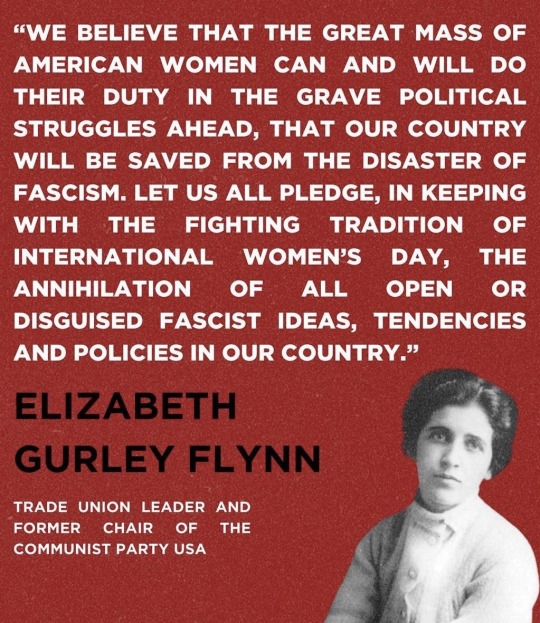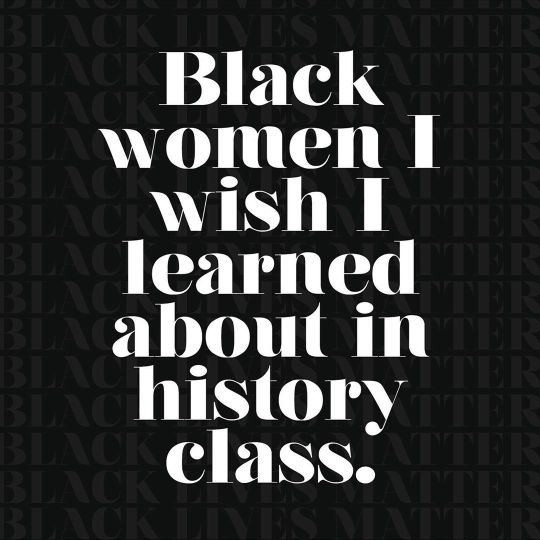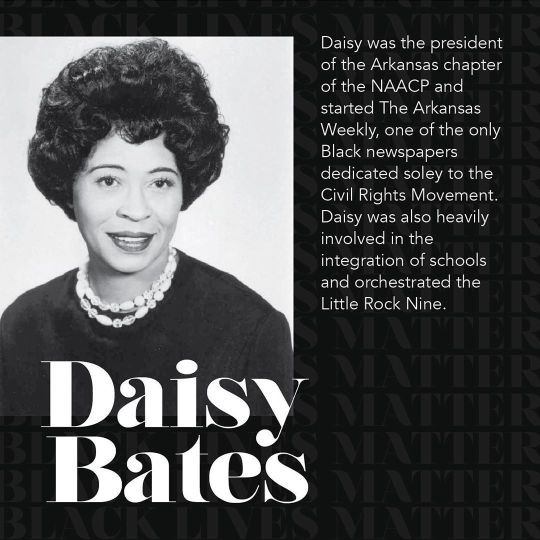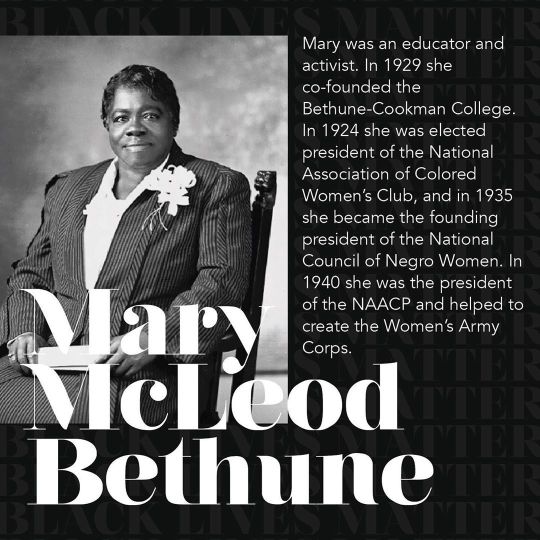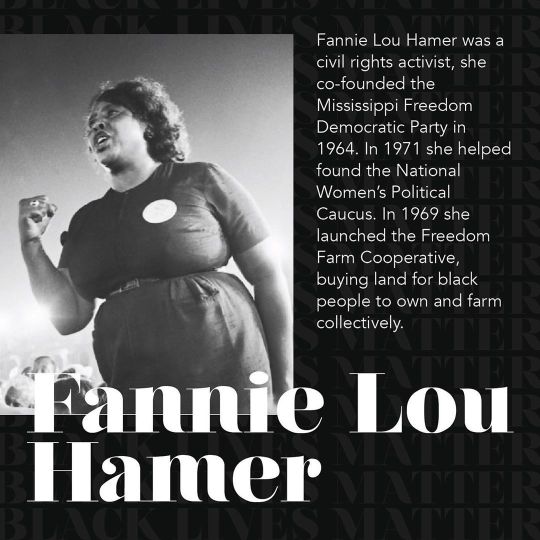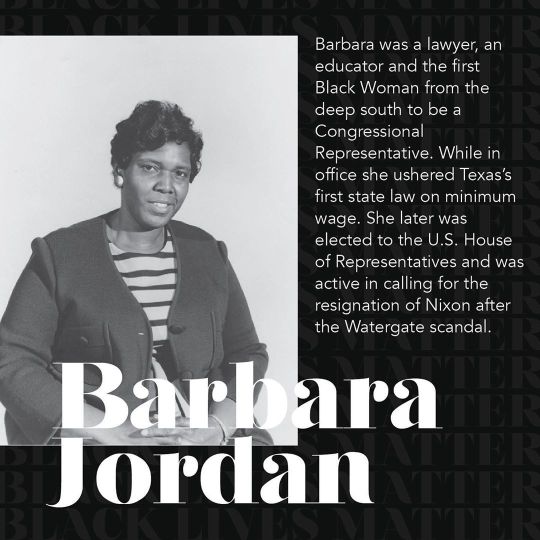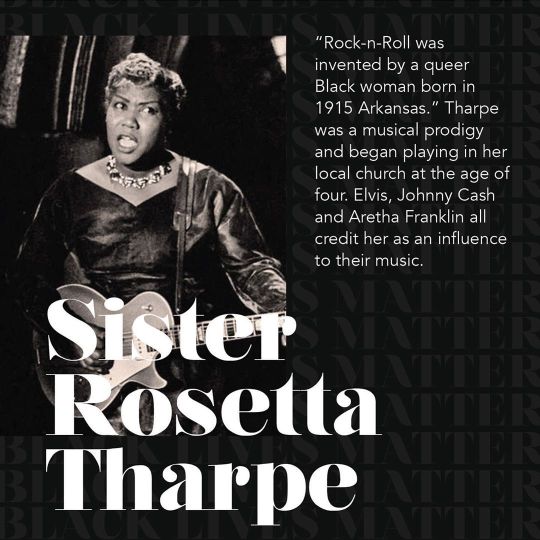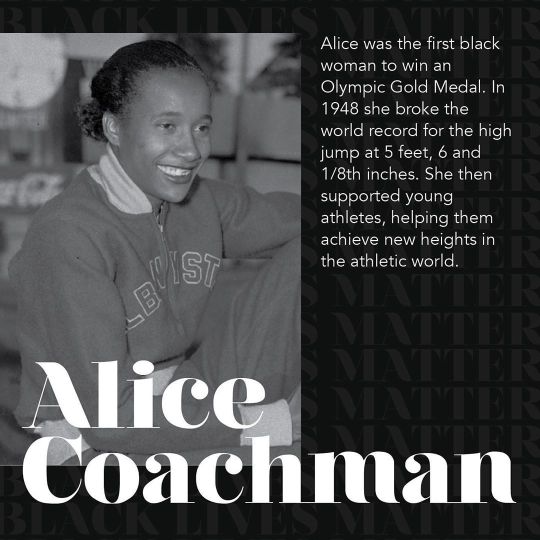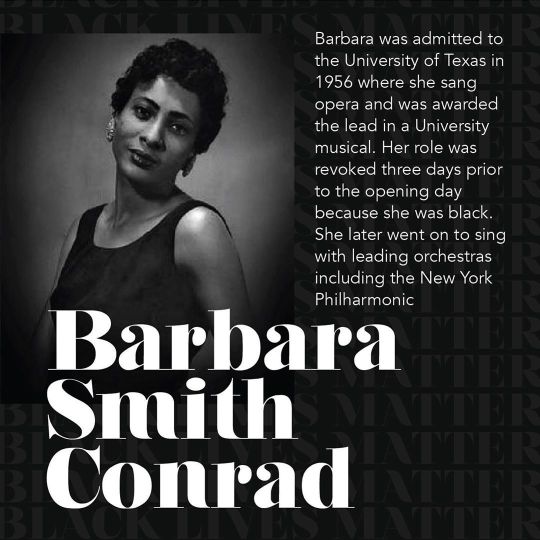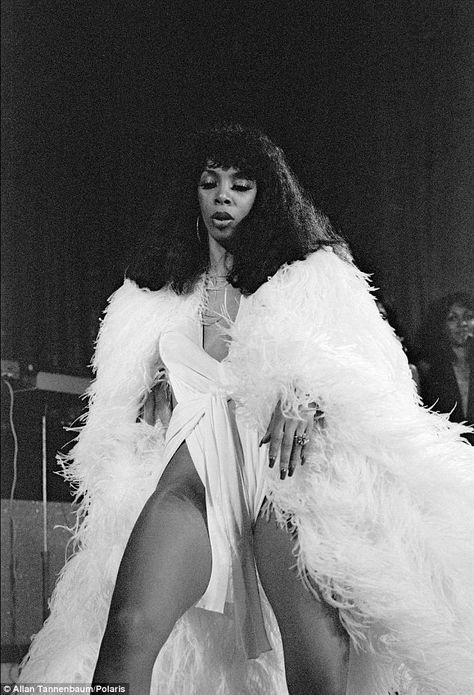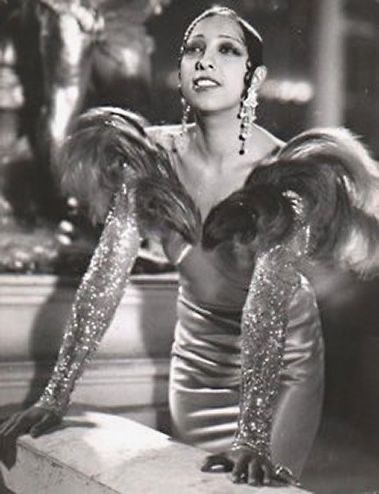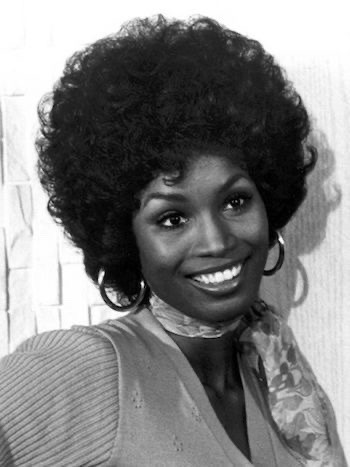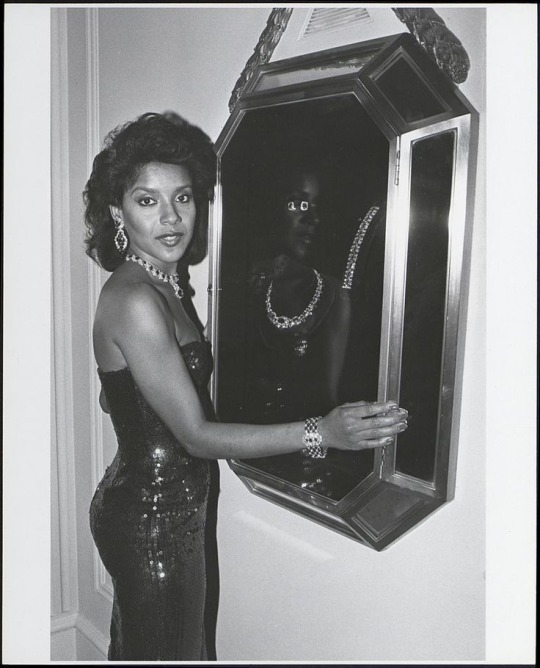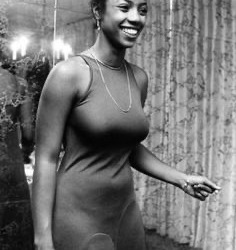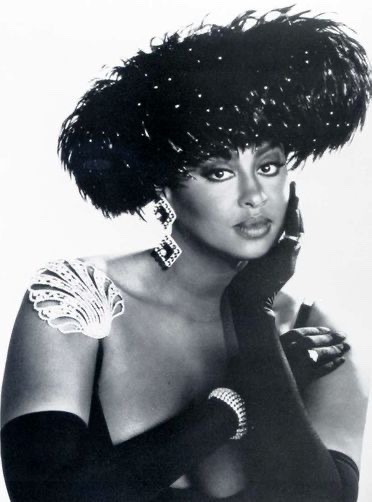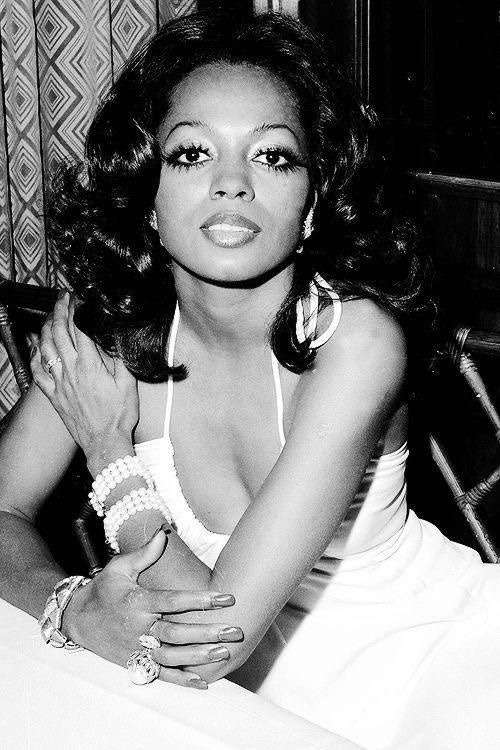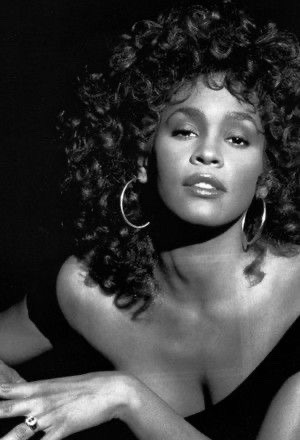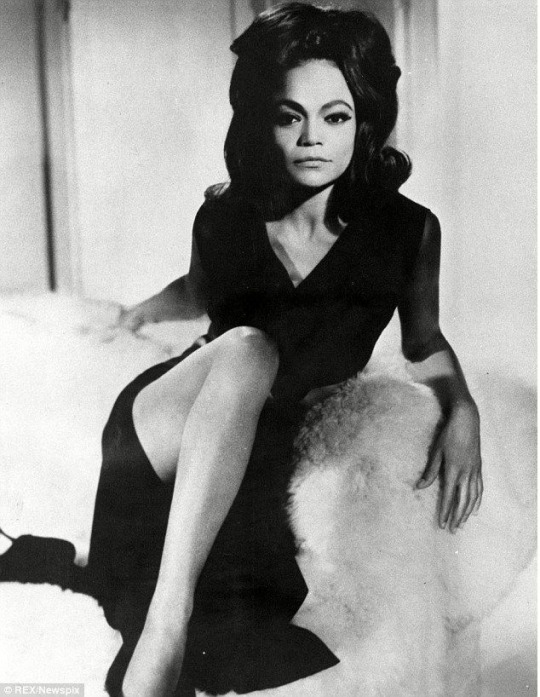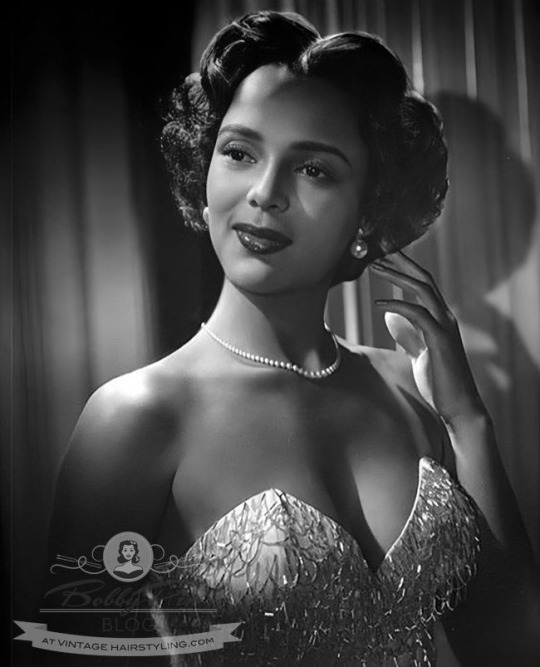Text
Under capitalism, the inequality of women stems from exploitation of the working class by the capitalist class. But the exploitation of women cuts across class lines and affects all women. Marxism-Leninism views the woman question as a special question which derives from the economic dependence of women upon men. This economic dependence as Engels wrote over 100 years ago, carries with it the sexual exploitation of women, the placing of woman in the modern bourgeois family, as the “proletariat” of the man, who assumes the role of “bourgeoisie.”
Hence, Marxist-Leninists fight to free woman of household drudgery, they fight to win equality for women in all spheres; they recognize that one cannot adequately deal with the woman question or win women for progressive participation unless one takes up the special problems, needs and aspirations of women – as women.
—Claudia Jones, "We Seek Full Equality for Women".
82 notes
·
View notes
Text

Students of the Patrice Lumumba Peoples' Friendship University at the Lenin Museum, USSR, 1960s
62 notes
·
View notes
Text


He didn't fear anybody. He had those people so scared they had to kill him. They couldn't buy him, they couldn't frighten him, they couldn't reach him.
- Malcolm X on Patrice Lumumba
684 notes
·
View notes
Text

Tout à Coup Jazz
“Thomas Sankara was a skilled jazz musician, but Compaoré just sang,” says Cisse. “There were more rehearsals than concerts but every performance was magical. When in government, Sankara knew that music was a tool for cultural development, and could effectively be used to promote the revolution”
“He was the special one,” says Pascal Ouédraogo Kayouré, who says he taught Sankara how to play the guitar as a child. “He will always be part of our history. His real passion was music. He was a very disciplined student.” (x)
397 notes
·
View notes
Text
2K notes
·
View notes
Text

Stolen. Not from slavery. Not from sharecropping. From benefits paid for in blood
9K notes
·
View notes
Text


Alice Davis from the Mary Everhard Collection at the Amon Carter Museum of American Art. The first picture is labeled “circa 1895“ on the museum website but based on the silhouette of the gown, I would estimate the year 1905 to 1908
6K notes
·
View notes
Text
“I’m tired of marching for something that should be mine at birth.” —Martin Luther King Jr.
He not preaching he's venting 😢
5K notes
·
View notes
Text




Happy Disability Pride Month! 🩶💚❤️🤍💛💙🩶🌈 (x)
19K notes
·
View notes
Text
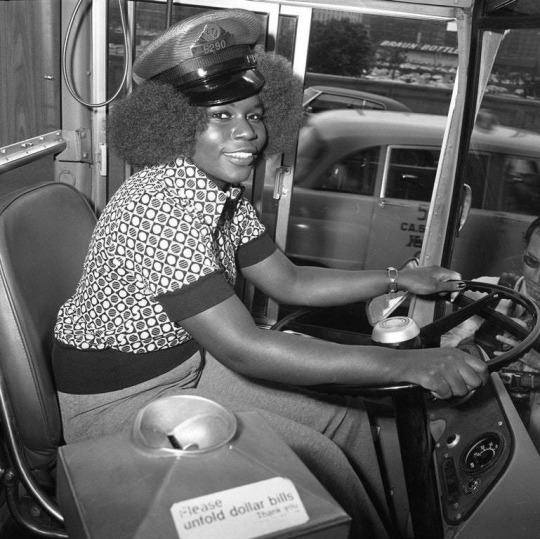
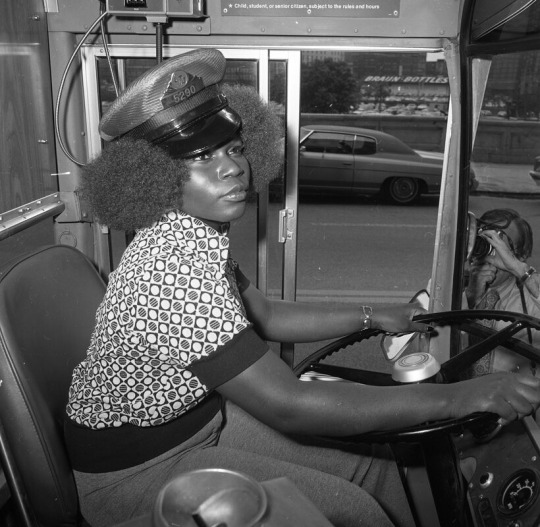
“Mary Wallace was the first woman bus driver with the Chicago Transit Authority in 1974. Her job applications were rejected for three years, but her persistence paid off. She was eventually hired under an affirmative action program. Wallace became one of the city’s most popular drivers over her thirty-three year career.”
Happy Black History Month!
23K notes
·
View notes


